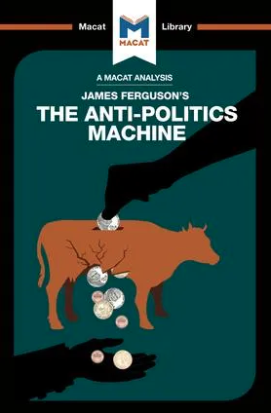Apparently the idea of demanding financial reparations from Britain has once again become a talking point among India’s chattering classes. In The Critic, Tirthankar Roy explains why the basis for the demands do not meet economic or historic criteria necessary for the demands to be justified:

The State Entry into Delhi – Leading the 1903 Delhi durbar parade, on the first elephant, “Lakshman Prasad”, the Viceroy and Vicereine of India, Lord and Lady Curzon. Their elephant was lent by the Maharaja of Benares. On the second elephant, “Maula Bakhsh”, the Duke and Duchess of Connaught representing the British royal family. Their elephant lent by the Maharaja of Jaipur. There were 48 elephants of the Main Procession, shown winding its way past the north side of the Jama Masjid.
Painting by Roderick MacKenzie from the Bristol City Museum and Art Gallery via Wikimedia Commons.
Oxfam, in its report “Takers not Makers” claims that imperialist Britain “extracted” $85 trillion from India, “enough to carpet London with £50 notes” four times over. Oxfam took this number from calculations others have done before. The origin of the claim goes back to Dadabhai Naoroji writing 125 years ago, who called the outflow drain. Oxfam uses the number to support a modern movement: a case for reparations that Britain should pay India. With British public finances in a rut, the report’s timing is not ideal. But how good is the case?
[…]
Why did Chaudhuri say drain was “confused” economics? The figure of $85 trillion builds on three bases. First, in the 1760s, as the East India Company started sharing the governance of Bengal with the Nawab’s regime, a part of the taxes of Bengal was used to fund business investment (export of textiles). Second, in the nineteenth century, Indian taxes were used to fund an army that fought imperialist wars to no benefit of India. Third, India maintained an export surplus, which went to fund payments to Britain on mainly four heads: debt service, railway guarantees, pensions to expatriate officers, and repatriated profits on private investment. Naoroji said that these outflows were payment without benefit to India, a drain, and happened because India was a colony. Did he discount the benefits of these transactions?
The Company was a body of merchants who became kingmakers between 1757 and 1765, resulting in a government in Bengal where private and public interests often conflicted. No one knows how serious the conflict was since the Nawab was a partner in the rule. No matter, the case that tax was used for commerce is weak. Within a few years after the transition, the Parliament started taking control of Indian governance, which meant refusing to fund business with taxes. By 1805, the process was complete when Governor Cornwallis declared that “the duties of territorial government [would take] the place of buying and selling”. In between, public finance data are so patchy that it is impossible to find out how much of the Company’s commercial investment was funded by a budgetary grant, borrowings, and profits.
What is the big deal anyway? The Company’s investment of $60 million around 1800 was a tiny 0.06% of India’s GDP. Its textile business generated employment and externalities in India. And the real drain was not the export, but the profits upon exports. We are dealing with an almost invisible transaction, so small it was.
Consider the criticism of the army. British Indian budget, the argument went, paid for the Indian army, which fought wars beyond Indian borders, a subsidy Indian taxpayers paid to the Empire. This claim misreads what the land army really did. The reason it was very big and funded by India was that it was a deterrent to potential conflict amongst the 550 princely states. Interstate conflicts claimed enormous human and economic cost in the late-eighteenth century. The army ended that and effectively subsidised the defences of the princely states. Similarly, the British state subsidised Indian naval capability. Until World War I, the deployment of the army beyond India caused little controversy. The army protected the huge diaspora of Indian merchants and workers. Without the empire’s military might, we would not get Indians doing business in Hong Kong, Aden, Mombasa, or Natal. The War changed the benefit-cost estimates, and in the 1920s, the arrangement ended.
The third point, that export surplus was drain, is the most bizarre. India normally had a commodity export surplus, in effect payment for services purchased by India from Britain. Naoroji thought this was a waste of money. His followers insisted it was. But these claims follow no economic logic. No economics in the world will tell us that an outflow makes a country poor. That assessment depends on what value the payment creates at home. In activist history, there is no discussion of the value, because there is no acknowledgement there could be a value.












